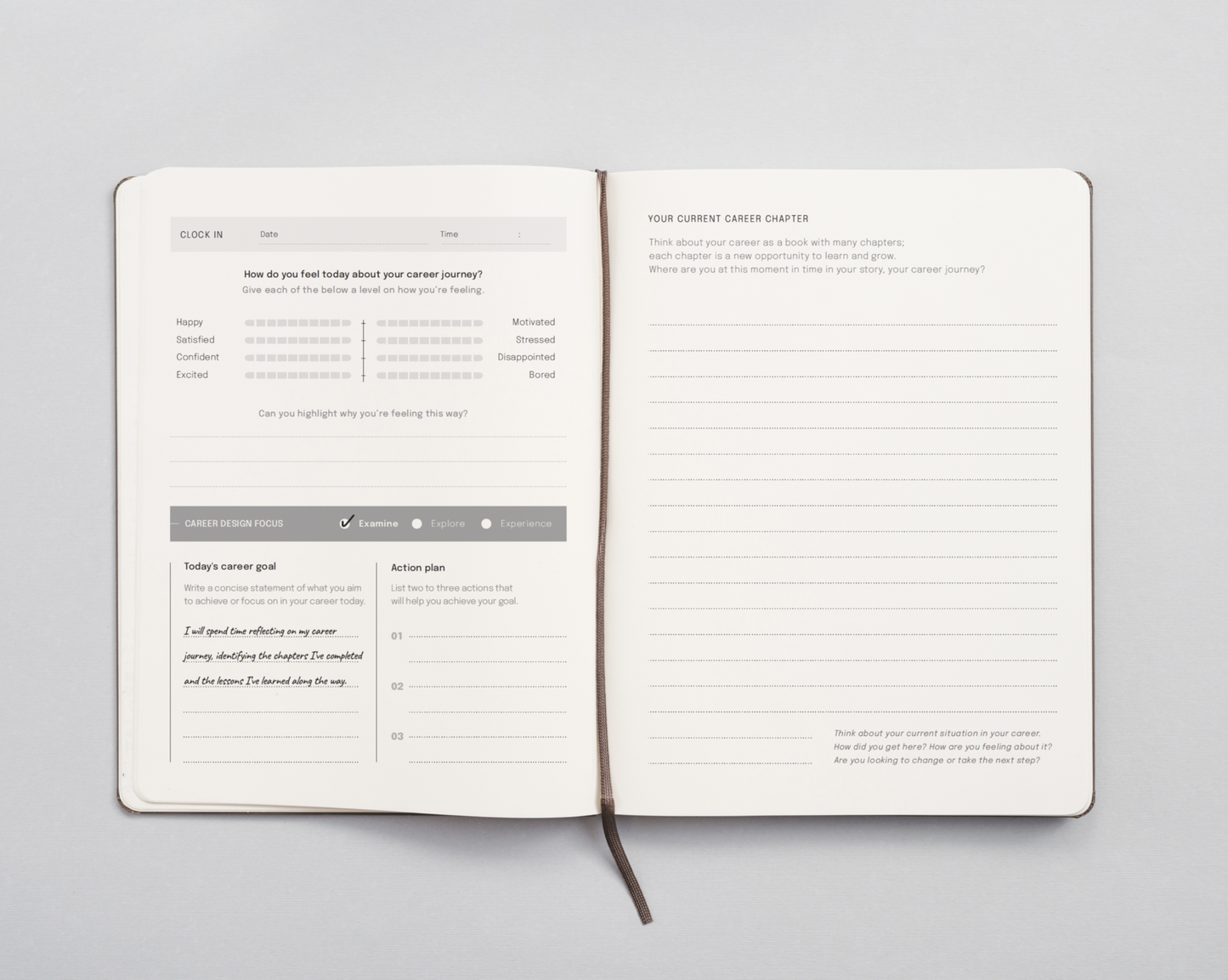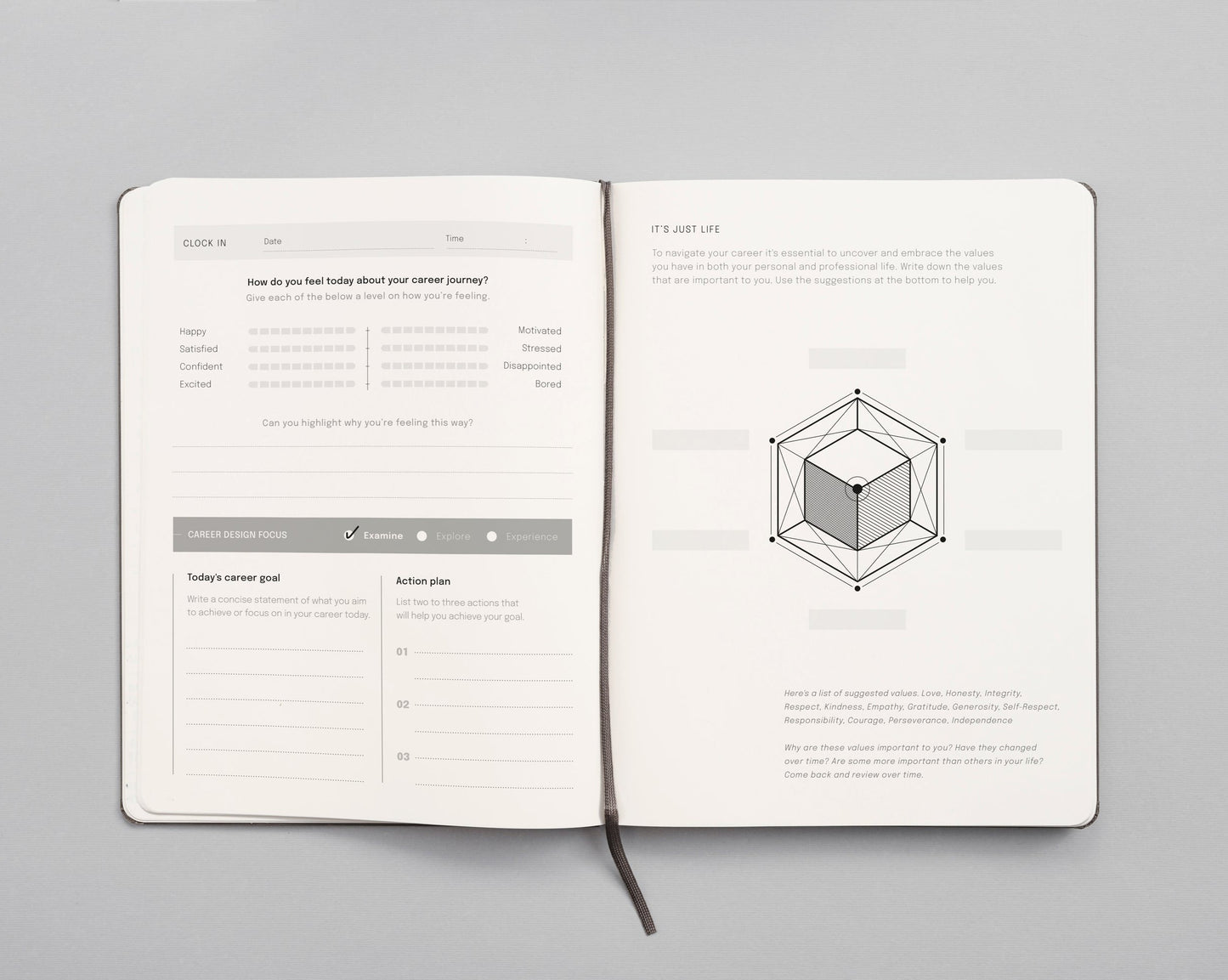In today’s fast-paced world, the idea of taking a break often feels counterproductive. Many of us wear our busyness as a badge of honor, believing that relentless work leads to success. However, research shows that stepping back can significantly enhance productivity, creativity, and overall well-being.
The Science Behind Taking Breaks
Studies have shown that our brains are not designed for prolonged focus. According to a study by the University of Illinois, people who take breaks while working on a task perform better than those who don’t. The brain needs time to process information and recharge. By allowing ourselves to step back, we can enhance our cognitive functions, making us more effective when we return to our tasks.
Recognizing the Signs of Burnout
As busy individuals, it can be challenging to recognize when we need a break. Signs of burnout can manifest in various ways, including:
- Constant fatigue: Feeling drained even after a full night's sleep.
- Decreased motivation: Struggling to find the enthusiasm for tasks you once enjoyed.
- Increased irritability: Finding yourself more easily frustrated or agitated.
- Physical symptoms: Experiencing headaches, stomach issues, or other stress-related conditions.
If any of these resonate with you, it may be time to step back and evaluate your routine.
Strategies for Taking Meaningful Breaks
1. Schedule Regular Breaks: Just as you schedule meetings or deadlines, make time for breaks. Use techniques like the Pomodoro Technique, which encourages working for 25 minutes followed by a 5-minute break. This structured approach allows you to maintain focus while also ensuring regular intervals for rest.
2. Change Your Environment: Sometimes, a change of scenery can refresh your mind. Whether it’s a short walk outside or simply relocating to a different room, altering your surroundings can invigorate your perspective.
3. Engage in Mindfulness or Meditation: Practicing mindfulness can help clear your mind and reduce stress. Take a few minutes to focus on your breath or try guided meditation apps like Headspace or Calm. These tools can help you centre your thoughts and reset your mental state.
4. Pursue a Hobby: Engaging in activities you enjoy, such as reading, painting, or playing music, allows your mind to rest while still being productive in a different way. Hobbies can spark creativity and provide a sense of accomplishment outside of work.
5. Connect with Others: Taking a break doesn’t have to be a solitary activity. Spend time with friends or family to recharge emotionally. Social interactions can lift your spirits and provide new perspectives.
Moving Forward After a Break
Once you’ve taken the time to step back, it’s essential to return with a fresh mindset. You may find that solutions to problems come easier, or that you have a renewed sense of energy and motivation. Embrace the opportunity to reflect on what you’ve learned during your break and how you can apply those insights moving forward.
Conclusion
In our pursuit of success, it’s vital to remember that taking a break is not a sign of weakness but rather a powerful tool for personal and professional growth. By stepping back, we allow ourselves the space to recharge and return with greater clarity and creativity. So, the next time you feel overwhelmed, remember: it’s okay to pause. Your future self will thank you for it.
Taking breaks may just be the key to unlocking your full potential—step back, and you’ll be amazed at how far you can move forward.








